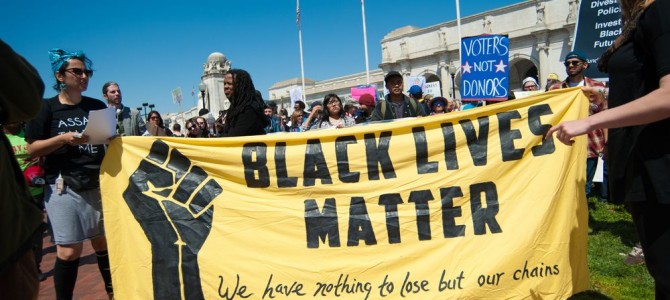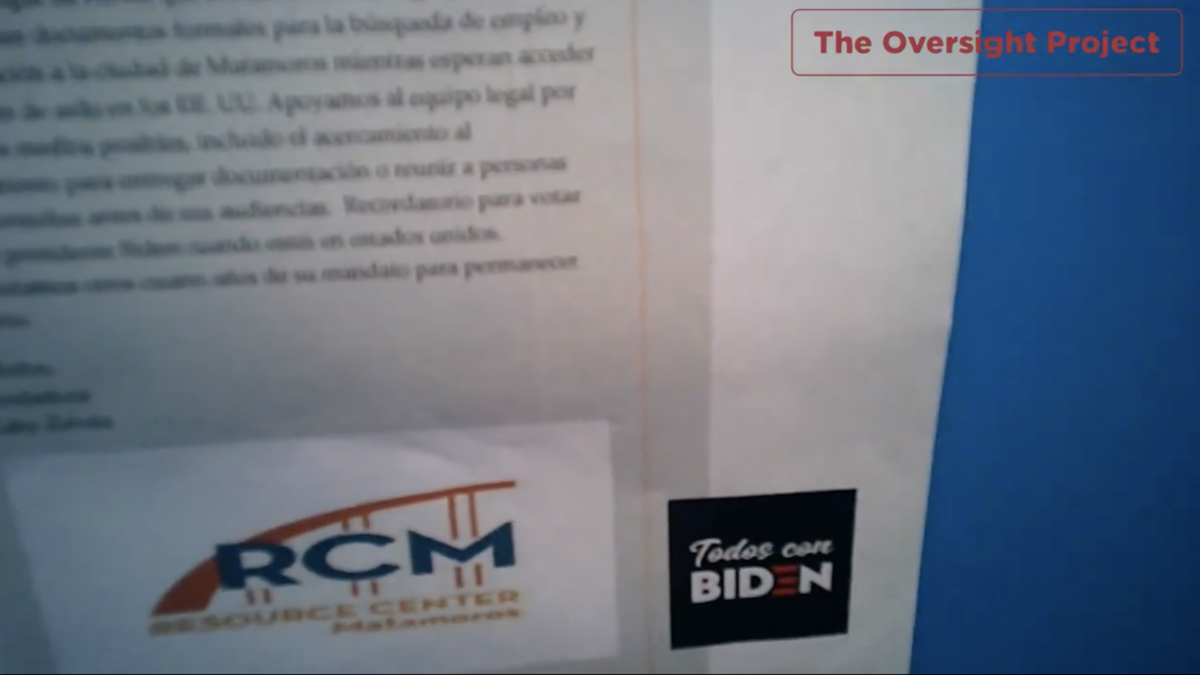
In the wake of recent tragedies in Baton Rouge, Minneapolis, and Dallas, the online chatter has been a mixed bag. Everything from Second Amendment protections for blacks to police officers’ heroic protection of protestors has been discussed.
The Black Lives Matter response was: “This is a tragedy–both for those who have been impacted by yesterday’s attack and for our democracy….Black activists have raised the call for an end to violence, not an escalation of it.” Leon Wolf’s Red State article suggested “The most important safety valve to prevent violence like we saw in Dallas last night is the belief that when officers do go off the rails, the legal system will punish them accordingly.”
When read carefully and taken in context, both responses offer important points. Along with other reactions, they help clarify one larger point: we waste too much time on anecdotal conversations about race—especially after tragedies that have racial elements to them.
Race Is Too Easy to Politicize
We argue over things like whether the perception of menace creeps into the minds of white officers who approach young black men. We argue over whether police treat whites differently than they do blacks, insisting upon or rejecting outright race-equivalency. We contemplate whether there is reverse racism among black officers.
Then we argue about the dangerous nature of the job police officers do every day, and whether they should be given leeway because of it. When that doesn’t satisfy (and it never does), many turn to symbolism. Will the president call for healing? Will presidential candidates urge racial unity? In others words, too often Americans work themselves into a frenzy over abstract issues like bias and racism, for which there are no silver bullets.
Many discussions about race and policing have a lot to do with winning hearts and minds to a particular view. In practice, they tend to be an appeal to one group to accept the beliefs and assumptions held by another. This becomes a punitive process. Competing groups browbeat the other into accepting their grand narratives about American life, past and present.
Why do blacks and whites have to agree about race or policing issues? Why do we have to agree to disagree? I don’t think we’ve ever been very good at this approach, and it leads us away from more foundational conversations about what it means to live in a free society.
Let’s Instead Focus on Keeping Government Accountable
Americans understand that in a free society the main role of the government is to protect its citizens. This should happen through law and order, limited regulation, protection of property, etc. The best way to maintain our liberty state by state and community by community is fraught, as it always has been in our democracy. But insisting on checks and balances tends to favor the will of the people.
With the nation at a fever pitch over policing and politics, now is the time to clamor for more checks and balances at every governmental turn to shore up our free society. The way to do this is to keep in mind something as basic as quality of service in our public institutions.
Pundits and lay people are contending with social science research these days. An article in The Washington Post by Wesley Lowery pores over several statistics from the Post’s database concerning the number of blacks and whites fatally shot by police. Lowery cautions that “comparing how many or how often white people are killed by police to how many or how often black people are killed by the police is statistically dubious unless you first adjust for population.” Ultimately, the Post reports the same number of unarmed killed for blacks and whites.
I’m citing this data because it’s provocative and could easily be sensationalized. Isn’t that essentially how it works with other public institutions—be it the National Security Agency, the Internal Revenue Service, or the local county commission? Serious questions are raised, people lift their voices, and the torrential demand for accountability unfolds. I have no problem with keeping public officials on their toes. In America, expressing displeasure with public institutions through the proper channels is never a bad thing.
In contrast to race talk, one of the things we’re good at most of the time is experiencing indignation when we interact with public institutions. We do this in virtually every government sector—not out of spite, but because people care about quality of service. Policing is no exception. In an era of seemingly unrestrained government, it’s crucial that we remain a nation that is critical of its public institutions, and that embraces transparency and accountability.
Let’s Get Practical, Not Abstract
Even as we mourn across the country, questions about how local governments can serve citizens better must be raised. For example, if black neighborhoods are on balance more violent than others, then how are tax dollars being used to address this problem? Our institutions have to become more creative, and if they can’t because of bureaucratic inertia, then those dollars need to be diverted elsewhere.
It’s unfair that police shoulder the burden of so many social ills when they encounter criminal elements in a community. Unfortunately, a number of the people they engage are unruly and hostile, while other encounters are amicable and uncomplicated. Either way, in a free society, police, like other public officials are due respect, not obeisance. It should also come as no surprise that there has never been a level playing field between police and offenders. Police bear a much greater burden and are held to a higher standard. Citizens have the right to expect that standard of professionalism.
As we process the tragic loss of life, communities across the nation—particularly those affected by high-profile incidents involving police—are working to improve police-community relations. Police are resolved to serve their communities, and citizens are installing review boards and councils to counterbalance questionable law enforcement practices.
It’s worth celebrating that people across America are growing more concerned about concentrated power at all levels of government. This makes our republic more resilient. Of course for many this is an agonizingly slow process, but what we see in cities like Ferguson and Baltimore today is a hopeful mixture of support and critique. If we’re honest about American history, gradual progress like this has been the rule and not the exception.








